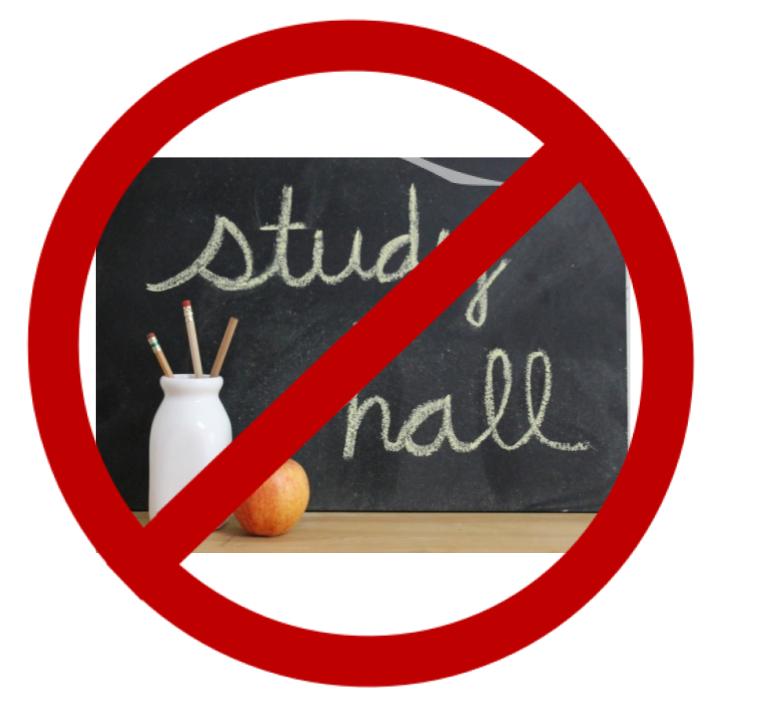SHS Study Hall: A Sorrowful Goodbye
March 13, 2023
The rumors are true.
Starting next year, during the 2023-24 academic year, SHS will no longer offer study halls. While this plan has been rumored for the past several years–and freshmen were not enrolled in study halls this year–SPS administrators have officially made the decision to remove study blocks from the 2023-24 Program of Studies.
Although this is understandably upsetting for many current sophomores and juniors, there are many components to the decision that go beyond revoking privileges, especially for future SHS seniors.
According to SHS principal Dr. Lisa Maguire and assistant principal Karen Hughes, a multitude of factors contributed to maintaining study halls during recent years. Two “bubble” grades (approximately 100 additional students) finally reached the high school a few years ago, and the SHS population expanded to over 880 students. Consequently, studies were a method to compensate for the overloaded staff. Then, as COVID precautions ramped up, studies were an effective way to separate students within the building for safety purposes. Senior studies also allowed seniors to spend more time outside the school.
Now that the final “bubble” grade has graduated and COVID restrictions have eased up, enrolling all SHS students into elective classes is more feasible.
Hoping to “get away from warehousing students” and ensuring SHS meets the state-mandated “time on learning” requirements, the administration feels confident in their decision. Directed studies don’t count toward the mandate, and seniors especially were losing time by coming in late and leaving early. To meet these standards otherwise, students would have to compensate for the lost time in other ways: additional days for seniors or shorter passing periods between classes.
Losing students to studies also dramatically changed class sizes in elective classes, as the “bubble” classes graduated from SHS. Recently, teachers who anticipated 20+ students in an elective class suddenly had a significantly smaller roster during semester two. In fact, some electives didn’t have enough students to justify running them at all. Eliminating studies ensures that teachers are running complete courses and students can take classes they are interested in–even if it’s a niche subject. Hughes is excited about the elective possibilities this will open up, stating, “We owe it to you all to give you opportunities.”
The student response to this scheduling shift has been understandably animated. It is disruptive for those students who’ve been saving credits to have more freedom as a senior. Senior Jackie Kenney argued that the “school claims we should stress less and laugh more,” so taking away a valuable student break feels hypocritical. Junior Patrick Hale expressed his frustration that the decision “will significantly impact” people who “rely on studies to manage extracurricular activities.” Several students expressed their disappointment at losing senior privileges with such short notice, and some acknowledged that studies are often not very productive, at least for underclassmen.
Many students expressed concerns over taking away extra study time from those who need it most. To address this, SHS will offer an RTI seminar course for students who don’t necessarily qualify for academic strategies but would be overwhelmed by a full course load. The administration also hopes to offer a structured, study-like alternative for students taking several AP classes to meet the time-on-learning requirements while making a rigorous schedule more manageable.
Administrators stressed this scheduling decision wasn’t intended as a punishment for students. From meeting state requirements to elective opportunities for students to “grow” their interests, this decision aligns with the goals and priorities of the school district. That being said, the decision was announced late, and students are justified in their frustration at losing a classic part of their senior year and relief from academic strain. While logistically, this may be the best decision for administrators, the SHS experience will look different in years to come–for better or for worse.
